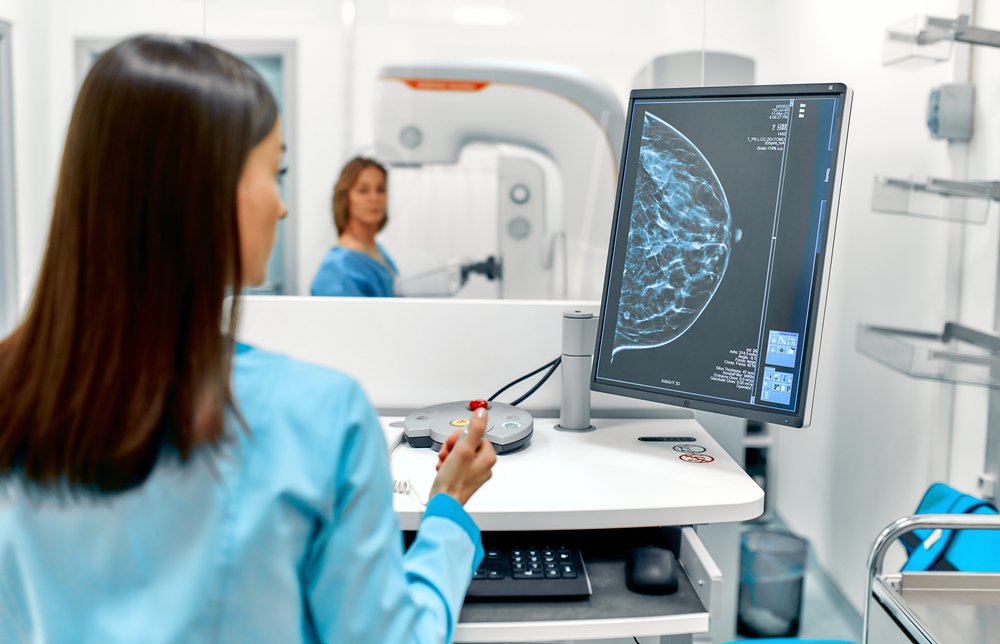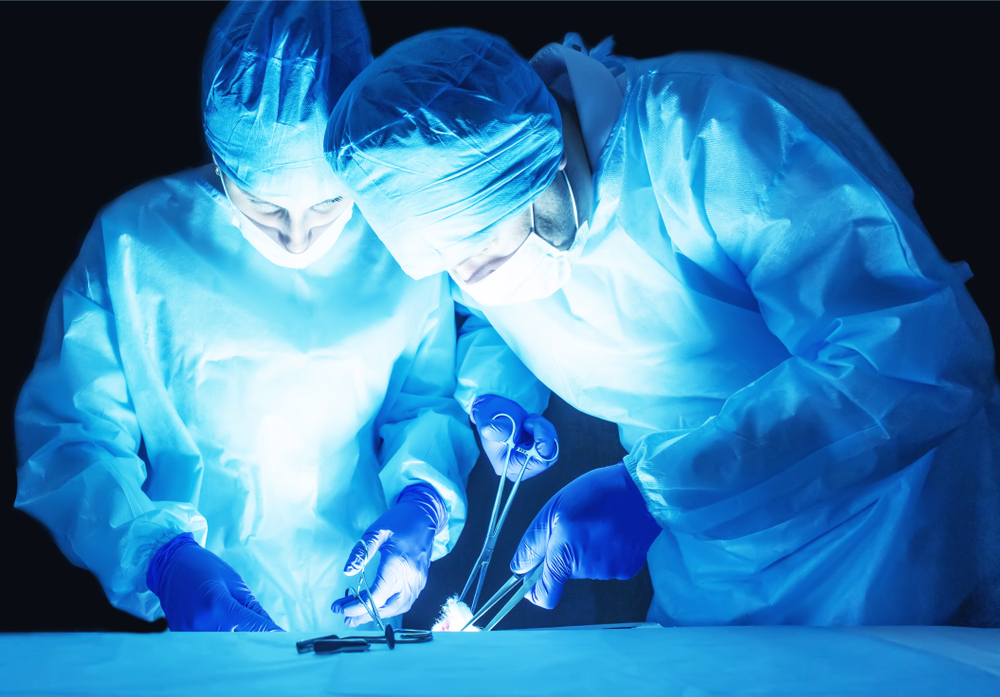Breast cancer remains one of the most common cancers among women worldwide, making early detection a crucial aspect of women’s health. At May-Grant OB/GYN, serving Lancaster, PA and surrounding areas, we emphasize the importance of breast self-exams (BSE) as a proactive measure in breast cancer awareness and early detection. This detailed guide explores why regular BSE is essential, how to perform them correctly, and how they fit into a broader breast health strategy.
Understanding Breast Self-Exams
Breast self-exams involve checking one’s own breasts for lumps, changes, or abnormalities. While BSEs are not a substitute for mammograms or clinical exams, they offer a personal first line of defense, enabling women to become familiar with the normal look and feel of their breasts and to notice any changes more promptly.
The Importance of Early Detection
Early detection of breast cancer significantly increases treatment options and survival rates. Here are compelling reasons why BSE plays a key role in early detection:
- Familiarity with Normal Breast Tissue: Regular BSE helps women understand their normal breast tissue, making it easier to notice any unusual changes.
- Identifying Changes Sooner: Women who regularly perform BSE tend to detect changes earlier, which can lead to quicker diagnostic follow-ups.
- Empowerment and Responsibility: Performing BSE encourages a sense of body autonomy and responsibility for one’s health.
How to Perform a Breast Self-Exam
Performing a BSE involves several steps, each aimed at covering all areas of the breast tissue:
- Visual Inspection: With arms at your sides, then raised, and finally on your hips, look in the mirror for any changes in shape, size, or symmetry.
- Physical Examination: Lying down, use your fingers to apply gentle pressure in a circular motion from the outer edges to the center, checking for lumps or thickening.
- Repetition and Routine: Conduct the exam at the same time each month, ideally a few days after your period ends when breasts are least likely to be swollen or tender.
May-Grant OB/GYN provides resources and guidance for those unsure about the technique or findings during their self-exams.
Integrating BSE with Other Screening Methods
While BSE is valuable, it should be part of a comprehensive breast health plan that includes clinical breast exams and mammograms. Here’s how BSE fits into the broader context:
- Clinical Breast Exams: Performed by a healthcare professional, these exams can detect issues that might not be identified through BSE alone.
- Mammography: Starting at age 40, or earlier based on risk factors, mammograms are crucial for detecting early signs of breast cancer not palpable in a BSE.
Addressing Common Concerns and Misconceptions
Many women feel anxious about performing BSE due to fear of finding something abnormal. Education and support from healthcare providers like those at May-Grant OB/GYN can alleviate these fears by ensuring women feel confident and informed about what to look for and when to seek advice.
Promoting Lifelong Breast Health Awareness
Encouraging the practice of regular BSEs is part of fostering lifelong breast health awareness. Women must remain vigilant and proactive, understanding that their health is in their hands, quite literally. Regular BSEs, combined with professional screenings, build a safety net that can lead to early detection and better outcomes.
Taking Charge of Your Health with Confidence
At May-Grant OB/GYN, we are committed to empowering women with the knowledge and tools they need to take charge of their health. Regular breast self-exams are a simple yet powerful way to monitor your breast health and detect any potential issues early. We encourage all women to make BSE a routine part of their health regimen and to reach out to our providers with any questions or concerns about breast health. Together, we can work towards early detection and effective management of breast health issues, ensuring that each woman can lead a healthier, more assured life.
Sources:
- American Cancer Society: Guidelines on the frequency and method of breast self-exams.
- National Breast Cancer Foundation: Educational resources on performing breast self-exams.
- World Health Organization: Statistics on breast cancer detection and the importance of early diagnosis.








